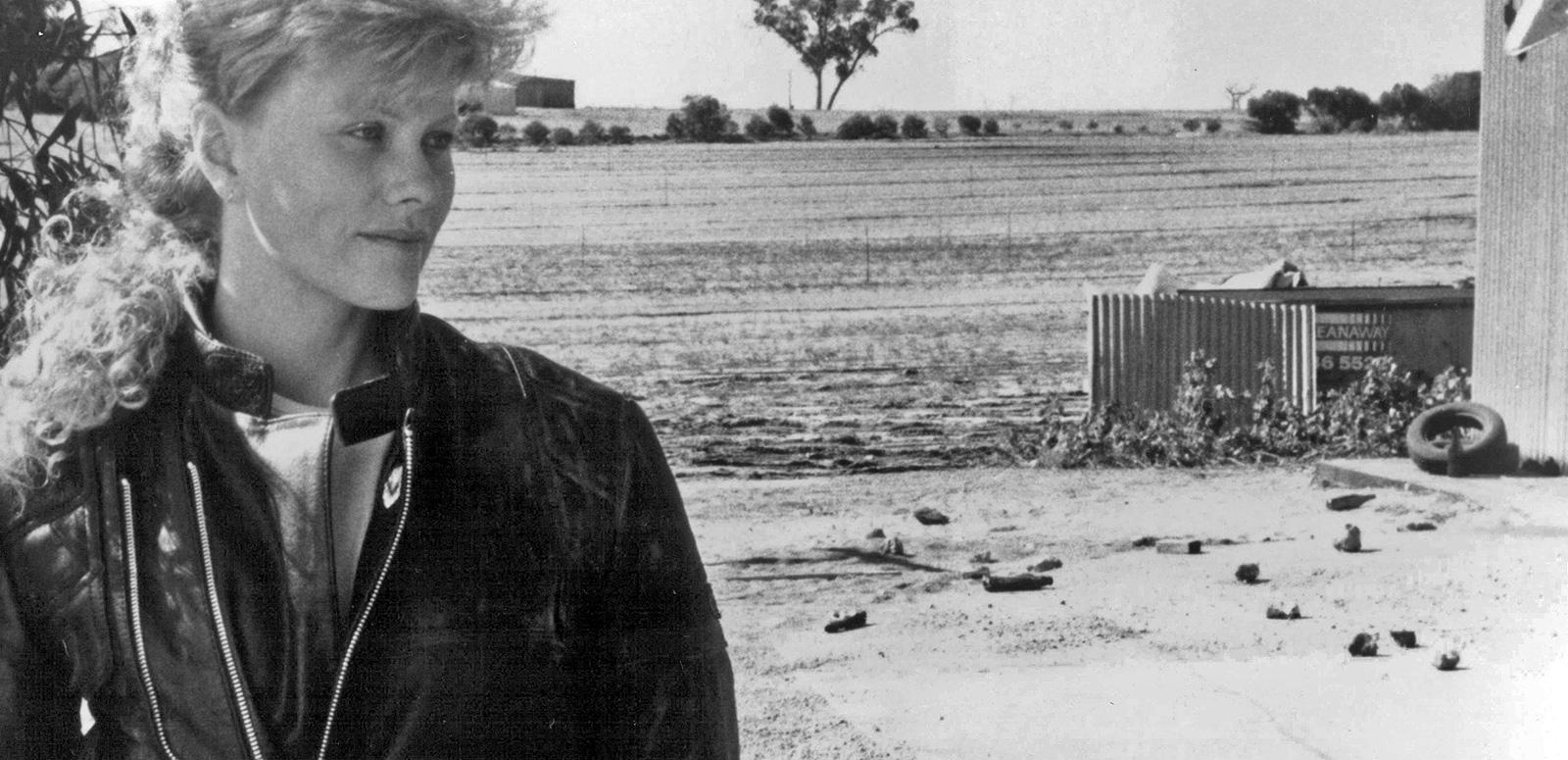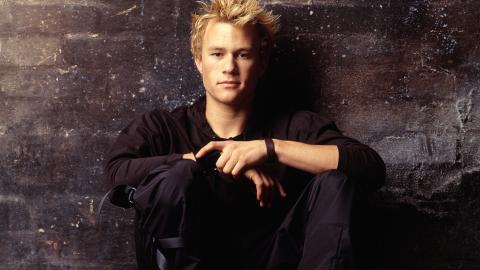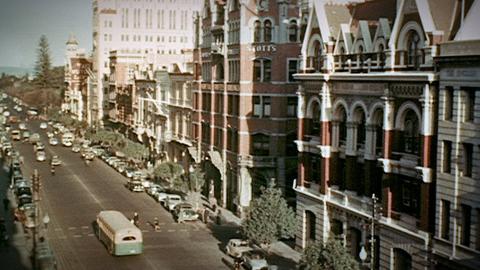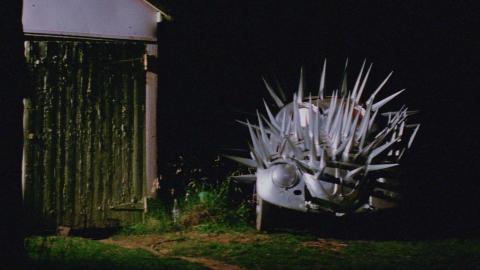This month's Deep Dive highlights our November 2018 interview with Paul Barron, a key producer of Australian film and television. With credits such as Sweat (1996), Ship to Shore (1993–96), Bush Christmas (1983), Shame (1988, pictured above) and Windrider (1986), Paul helped launch the careers of iconic actors like Heath Ledger and Nicole Kidman. After a screening of the first episode of the teen drama series Sweat, Paul talked about his relationship with Ledger and showcasing Western Australia on screen:




